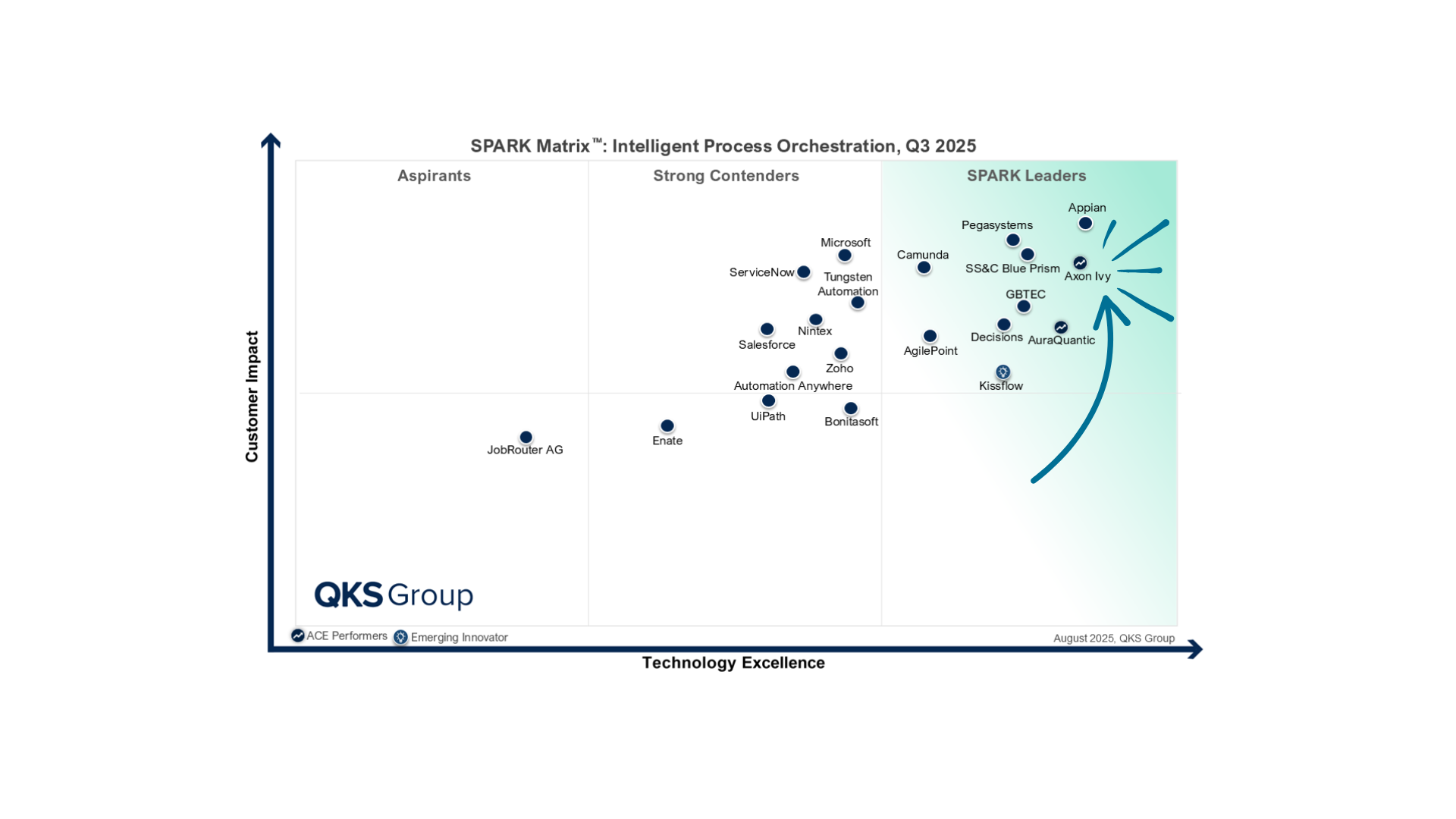
5 Forces of Successful Digital Transformation
With an open corporate culture, ample experience, and the right technology, digital transformation might seem easy. But, as you probably know, and we have learned from our experience with hundreds of projects, digitalization is rarely that simple. Many initiatives fail during the initial phase. In a nutshell, five critical factors determine whether a digital transformation will be a success or a failure.
1 | Security
Today’s customers are highly aware of security requirements and threats. They will not compromise on comfort or tolerate security issues. Trust is essential and can only be built through adequate protection and management of personal data. While technological aspects are important, it is crucial to appoint a dedicated individual within the company to oversee privacy and data security.
2 | Agility
The goal of digitalization must initially be defined as a clear vision, the so-called "big picture". During its implementation, it’s vital to integrate new knowledge, experiences, and technological advancements in real-time. An agile, step-by-step approach allows for quick results and adaptability. Continuous changes and prototyping are key factors of successful digital transformation. This makes agility the most effective way to meet ever-changing market conditions.
3 | Data
Today, the big challenge is not just having the right data but managing the large volume, processing, and intelligent use of data. Companies across all industries must focus on understanding the importance of this data and its consistent transformation into actionable knowledge. This requires the right technological tools in the digital age, such as big data approaches, artificial intelligence (AI), and machine learning (ML).
“A company on a digital transformation path is constantly working on its culture and does everything to make siloed or departmental solutions a thing of the past.”
Rolf Gebhard Stephan
CEO Axon Ivy AG
4 | Culture
The corporate culture is the foundation of every successful digital transformation. In technological projects, the human aspect is often underestimated or even overlooked, which is why many digitalization efforts ultimately fail in their implementation. The functional Department silos are often skeptical about any change. In most cases, their behavior and outlook are strictly departmental.
Every digitalization project requires a consistent examination of both individual and enterprise-specific cultural effects. In a culture where agile projects are to be implemented, prototyping and trying new things are constant. Failure management, change management, and design thinking must be strongly embedded in such an environment. Over the long term, this means that all employees should focus on the customer and consistently embrace a customer-centric approach.
5 | Continuity
When discussing the concept of "continuity," the goal is to make interim results and outcomes immediately visible using an agile approach, allowing for timely adjustments as needed. Analysts refer to this as the "Digital Twin of an Organization (DTO)." This model enables a company to map itself into a digital system and monitor it in real time. It provides an overview of different scenarios and variants being tested in a real environment, which is immensely valuable. Simultaneously, it fosters a culture of change within the company. Today, a company must integrate IT as a key competence and view itself as an internal service provider to achieve this.
Your Path to Success
To thrive in digital transformation, companies must embrace these five forces of successful digitalization and apply them consistently. A successful digital transformation involves continuous cultural development, breaking down departmental silos, and maintaining a customer-centric approach.
The customer-centric approach must be consistently used in all processes. However, companies of significant size without a digital business platform may struggle to implement the necessary changes effectively. Therefore, a strong corporate culture is crucial for successful digital transformation




